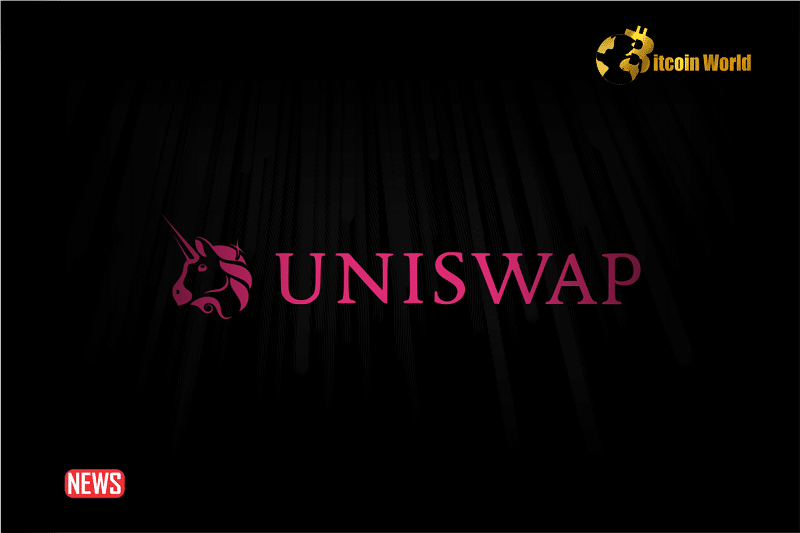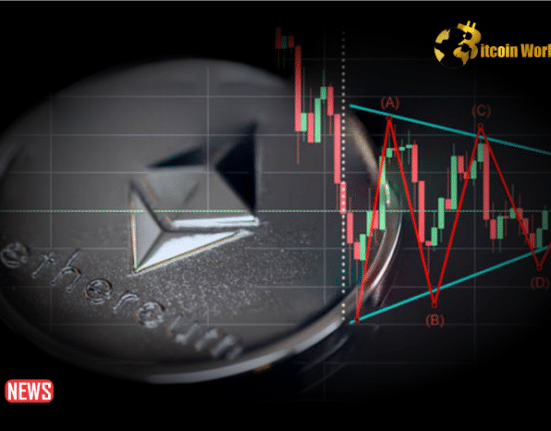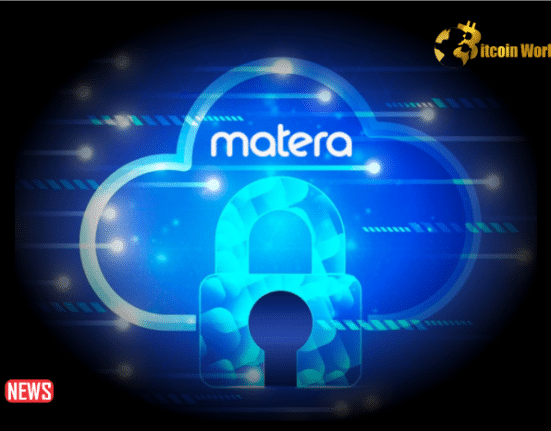Transaction fees on Uniswap, a decentralized bitcoin exchange, have surpassed the $1 million mark.
According to The Block, the platform has earned $1.1 million in the last 25 days since the introduction of user interface fees.
The average commission revenue per day is around $44,000, and the annualized income might surpass $16 million.
According to Dune Analytics, more than 16% of all trading transactions on Uniswap occurred on the interface in the last 24 hours.
Read Also: A Uniswap User Lost $700,000 to an MEV Bot — But it Only Made $260
Uniswap Fees Introduction
Uniswap began collecting a 0.15% fee for swaps on its online app and wallet in mid-October. The fee is deducted from the output token value by the platform. All earnings, according to officials, will be used to build future initiatives and goods for the bitcoin platform.
Simultaneously, at a referendum to introduce fees in June of this year, 45% of Uniswap community members came out against the innovation.
In addition, users noticed a new KYC feature in the fourth edition of Uniswap’s repository. Members of the community feel that introducing such a hook will enable authorities to whitelist decentralized finance (DeFi) protocols.















